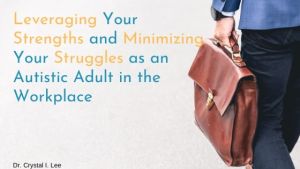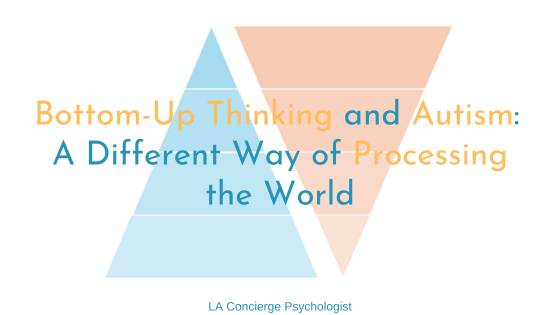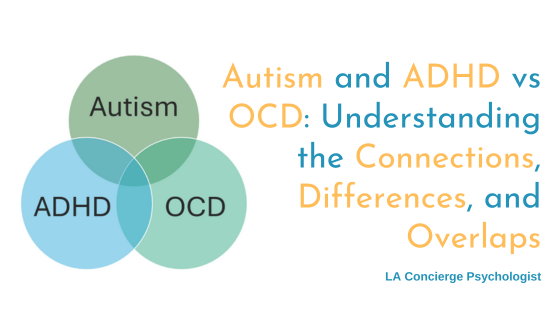We live in a time of increased awareness. This is partially the result of advances in science and medicine. It’s also a cultural shift. Individuals are far more able to openly discuss how they may or may not be different from standard expectations. These parallel factors intersect in a few key ways. One example is when certain diagnoses create a need for certain cultural discussions.
Case in point: Let’s say you are diagnosed with an Autism Spectrum Disorder in your 20s. And let’s also say you, like so many others in your age range, are entering the workforce at the same time. The question “How can I leverage my strengths while minimizing my limitations” in such a scenario must be thoroughly examined.
Let’s consider a few helpful ideas below:
Autism Spectrum Disorder (ASD) in Adults
ASD is a lifelong disorder but it’s not unusual for it to evade diagnosis until adulthood. No two cases manifest in the same way. However, there are some universal symptoms trends.
The individual may display difficulty with:
- Modulating emotions
- Interpreting what others feel and think
- Maintaining a smooth back-and-forth conversation: this could present in an inability to keep up with the conversation and/or a tendency to break out into monologues
- Grasping body language, facial gestures, vocal inflections, and social cues
In turn, the autistic adult may demonstrate:
- Vocal inflection that appears unconnected to their feelings
- Participation in only a very limited range of activities or interest in a limited range of topics
- Within those limited ranges, the autistic adult will likely have a vast knowledge of one or two (bordering on obsession)
- Rigid adherence to daily routines
- Extreme discomfort when routines are disrupted
As stated, every autistic adult is unique but many will present with physical clumsiness, a preference for solo activities, and a tendency to make involuntary noises.
The Autistic Adult in the Workplace
As you might imagine, the above symptoms can lead to some challenges at work. For example, the adult with autism may:
- Eschew eye contact with a boss and have trouble knowing who is pleased or displeased with their work performance
- Speak robotically or choose an overly casual manner of speech as if they are talking with a family member
- Be particular about routine, schedule, and how one’s office and desk are arranged
How an Autistic Adult Can Thrive in the Workplace
Firstly, it is super helpful for autistic adults to identify the traits that may set them apart. This allows for preparation, as in the adult with autism can work on managing symptoms and their co-workers can be made aware of such symptoms. This brings us to the second type of awareness. When it comes to communication, lead by example! Here is a small sampling of what would be so useful to share to help others listen, validate, and stay open:
1. No Two Autistic Adults Are the Same
Let’s all reject the assumptions and stereotypes of all groupings of humans.
2. How You Wish to Be Referred To
There has never been a better time to have this conversation. You can let your coworkers know that you, for example, prefer “autistic adult” over “he/she has Asperger’s” or whatever feels right to you.
3. Give Us Room to Thrive
Once assumptions and stereotypes have been discouraged, it becomes easier for your particular work style to fit in. Urge your colleagues to recognize that you — like everyone else in the workplace — possess a blend of strengths and limitations.
It Helps to Have Someone to Practice With
Ask for help. Working with a counselor is an ideal way for an autistic adult to develop productive workplace skills. Your weekly sessions are your personal safe space. You cannot overstate the importance of a skilled, unbiased guide.
Need more individualized support to succeed in the workplace as an autistic adult? Send us a message or book a free 20 minute consultation call with Dr. Barajas or Dr. Goldman.
Click here for more information on autism treatment.




